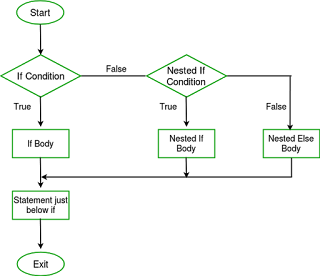Why the portability of #consent is more important than the mobility of data ?
The economic argument and case for data portability (mobility) is set out here. Running with the assumption that you agree that data portability/ mobility will create value for the data economy, we need to also think about the thorny issue of layered consent. Some posts that have explored areas of consent Layered Consent: like peeling the onion, only to find it is not an onion! Why “#Privacy-by-Design” is more than playing the game of #ethics of opt-in or the #morals of opt-out. What level of consent is reasonable ..... However in this post, the purpose is to explore what happens when a copy of the data has arrived at the new home, where is consent. Define : User [an individual who has agreed to the T&Cs’ to access or use a Data_Holder’s service] Define : UserData [data collected by a Data_Holder from a user] Define : Data_Holder [the entity that has collected UserData fro


